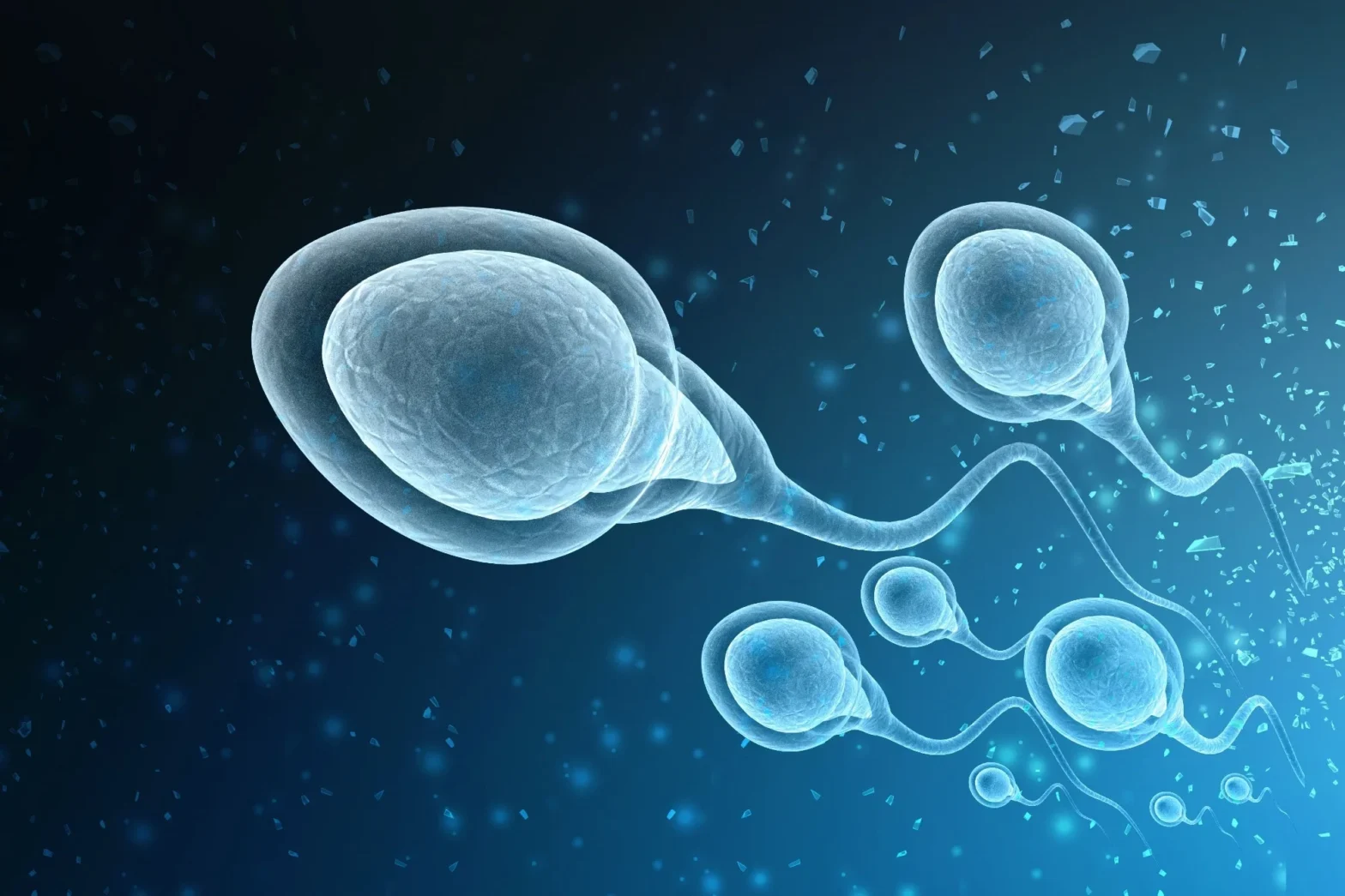Happy Women’s Day! Today, I wish to do a hearty talk with all my female readers about women’s health from an Ayurvedic perspective. In India, women have been revered as goddesses for their role in sustaining life. Acharya Charaka, in his text, honours women as they are responsible for the continuation of life: स्त्रियस्तु जनयित्री प्रजानाम् “Striyastu janayitri prajānām” (Charaka Samhita, Sutrasthana 8/32) Meaning: Women are the progenitors of mankind. In today’s world, where women are juggling multiple roles and responsibilities, prioritizing self-care can be challenging. Whether she is a working woman excelling in every aspect of life or someone who has dedicated herself to her home, a woman needs to be in her best health to truly honour her existence. Ayurveda understands the physiological, psychological and emotional health needs of women and offers a holistic approach in achieving a balanced state of mind, body, and soul. Women’s Health and Ayurveda : A Deep Connection Ayurveda values women at every stage of life including menstruation, preconception, pregnancy, and postpartum care. Here’s how Ayurveda can empower us on our journey to achieve perfect health. Menstrual health Menstruation known as ‘Rajaswala’ in Ayurveda is a natural cleansing process for eliminating excess Pitta (heat) and Vishudh Rakta (impure blood) from our body. Contrary to popular belief, Ayurveda doesn’t claim women as ‘impure’ during Rajaswala kaal. Rather it honors the natural rhythms and cycles that define our body. Instead of approaching menstruation as something inconvenient and unpleasant, Ayurveda acknowledges it as an essential process that influences our physical, emotional, and spiritual well-being. Ayurveda defines the three stages of the menstrual cycle based on our body doshas – Vata, Pitta, and Kapha. By recognizing these changes and integrating lifestyle practices around them, we can better manage our menstrual symptoms, hormonal fluctuations, and emotional imbalances. An Ayurvedic doctor might suggest dietary changes, herbal remedies, and self-care routines for each stage. For instance, in the menstrual phase, where Vata Dosha is at its peak (in middle age women), nourishing foods and gentle exercises such as restorative yoga can ease the cramps and induce relaxation. Dietary choices: Consuming warm, cooked foods can help achieve Dosha balance during menstruation. Incorporating anti-inflammatory spices like ginger and turmeric can reduce the pain and discomfort during the cycle. Lifestyle practices: Gentle yoga and meditation can ease menstrual cramps and promote emotional well-being. Herbal support: Ayurveda is a storehouse of herbs and natural remedies for supporting menstrual health and regulating cycles. It is important to consult a doctor before consuming any herbs to derive the maximum benefits. Preconception Ayurveda is primarily a science of body Doshas. Hence, Ayurvedic preconception care emphasises on cleansing and nourishing the body and mind through diet modifications, herbal supplements and lifestyle changes to achieve Dosha balance. In this way, you can prepare your body to nurture a child. Nourishing herbs: Ayurveda offers several herbs for female reproductive health, nourishing the uterus, supporting ovulation and maintaining hormonal equilibrium. Detoxification: Practices like Panchakarma cleanse the body of toxins, potentially improving fertility. Stress management: Techniques, such as Abhyanga (self-massage) and Shirodhara (oil pouring over the forehead) can reduce stress, which is crucial for reproductive health. Pregnancy During pregnancy, Ayurvedic practitioners may suggest gentle prenatal yoga, massages with nourishing oils and herbal formulations for common discomforts such as nausea, fatigue and edema. It is mentioned in our ancient Ayurvedic texts what a Garbhini (pregnant woman) should eat. “Garbhinyāh prasavotsāhāh snigdhāh sthirā madhurāśinah” – (Charaka Samhita, Sharirasthana 8/32) A pregnant woman should consume oily, nourishing, stable, and sweet foods to support fetal development. However, this is a general guide that is classified further based on which month of pregnancy is going on. For instance, ghee, nuts and milk are advised during the fifth month for the bone and brain development of the fetus. On the contrary, light and nourishing foods like Khichdi and soups are advised during the ninth month for easy labor. Postpartum Ayurveda also offers a welcoming postpartum experience after childbirth, focusing on rebuilding strength, aiding lactation, and nurturing the emotional state of the new mother. Gentle massages, herbal baths and nutritious tonics offered in Ayurvedic therapies can facilitate the postpartum healing process. By embracing these principles, women can improve their reproductive health, nourish their bodies, and empower themselves during these transformative stages of life. Menopause Menopause (Rajonivritti) is not a disease; it is a natural phenomenon in every woman’s life. In Ayurveda, it is viewed as a displacement of Doshas, particularly as a “Vata increase” and an imbalance in Pitta and Kapha according to one’s constitution. While menopause is seen as an “end” by most, Ayurveda considers it a new phase of wisdom, strength and self-care. Ayurveda explains that menopause takes place when a woman’s reproductive fire (Artava Agni) diminishes, and the body stops generating menstrual blood (Artava). The loss of Shukra Dhatu (reproductive tissues) and Ojas (vital energy) results in changes in body and mind. Menopause occurs in every woman’s life between ages 45 and 55. The general symptoms consist of hot flushes, dryness, discharge from the vaginal area, mood swings, headaches, weight gain and many others. Menopause is a significant transition, and Ayurveda provides tools to navigate it gracefully: Diet: Eat warm, cooked food added with good fat to provide strength and nourishment to Dhatus. Herbal support: Tulsi, Brahmi, licorice and Triphala are great herbs for balancing Doshas and metabolizing excess fat. But, all of these herbs might not work for you. Consult with an Ayurvedic doctor before you take any herbs. Lifestyle: Incorporate daily walk, Yoga, intermittent fasting and meditation to cleanse and detoxify the inner body. Ayurveda for Common Women’s Health Issues Not only this, Ayurveda addresses each aspect of women’s health – be it hormonal imbalance, ovarian cysts or internal infections. Let’s explore how Ayurveda addresses specific health concerns: Polycystic Ovary Syndrome (PCOS) It is an endocrine disorder among… Continue reading The Role of Ayurveda in Women’s Life
The Role of Ayurveda in Women’s Life


